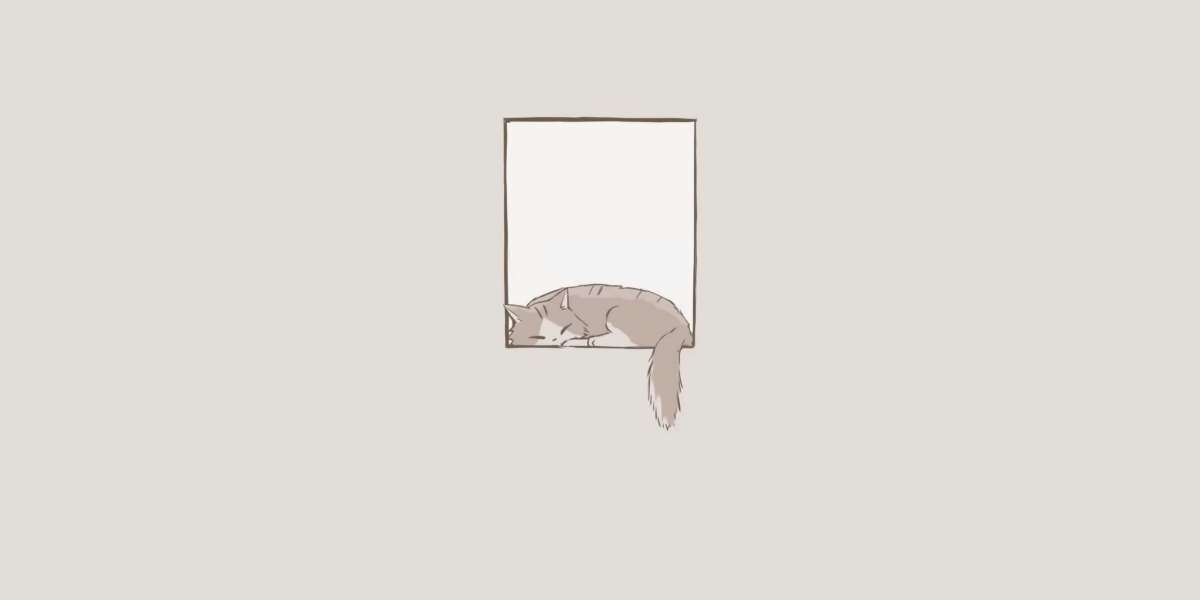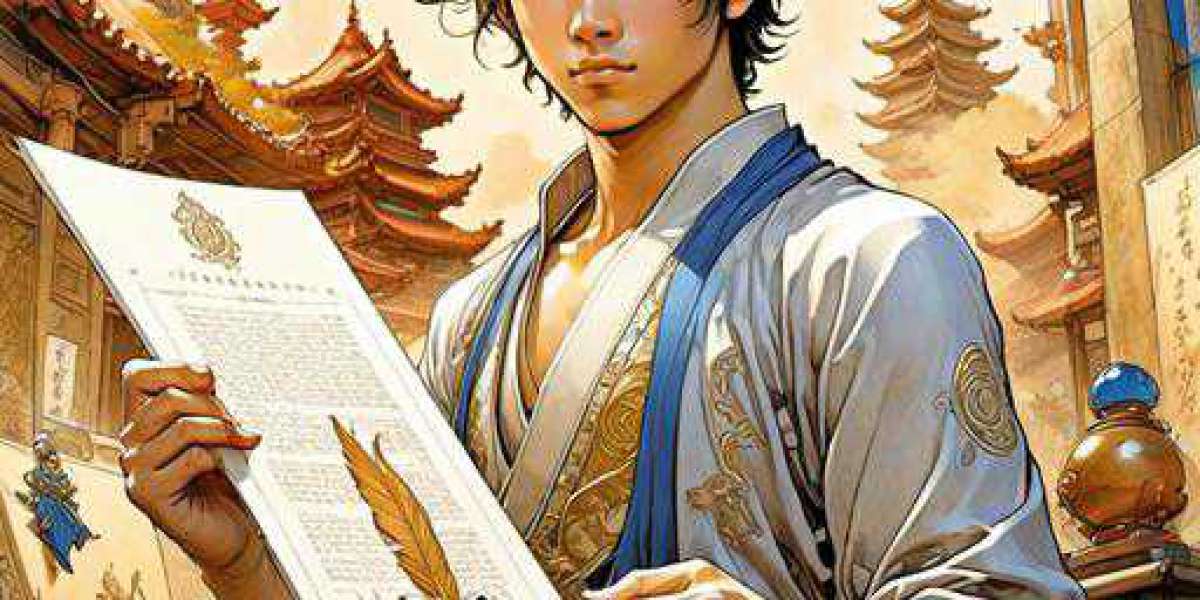Anime, a distinct form of animation originating from Japan, has captivated audiences worldwide with its unique storytelling and visual artistry. In this article, we will be Exploring the Key Design Elements in Anime: A Deep Dive into Industry Standards. By understanding these elements, we can appreciate the meticulous craftsmanship that goes into creating these beloved works of art.
Character Design
One of the most critical aspects of anime is character design. Characters are the heart and soul of any anime, and their visual representation plays a significant role in storytelling. Character designers focus on creating distinctive looks that reflect the personality, background, and role of each character. For instance, a protagonist might have a unique hairstyle or color scheme that sets them apart from other characters. Additionally, the use of exaggerated facial expressions and body language helps convey emotions effectively, making characters more relatable and memorable.
Background Art
Background art in anime is not merely a backdrop; it is an integral part of the narrative. The settings in anime are meticulously crafted to enhance the story's atmosphere and mood. Whether it's a bustling cityscape, a serene countryside, or a fantastical realm, the background art sets the stage for the characters' adventures. Artists often use a combination of traditional and digital techniques to create detailed and immersive environments. This attention to detail helps transport viewers into the world of the anime, making the experience more engaging and believable.
Color Theory
Color plays a vital role in anime design, influencing the overall tone and mood of the series. Different color palettes are used to evoke specific emotions and themes. For example, warm colors like red and orange can signify passion and energy, while cool colors like blue and green can convey calmness and tranquility. The strategic use of color helps guide the audience's emotional response and enhances the storytelling. Additionally, color contrasts are often employed to highlight important elements or characters, ensuring they stand out in the viewer's mind.
Animation Techniques
Animation techniques in anime have evolved significantly over the years, blending traditional hand-drawn methods with modern digital technology. The fluidity and style of animation can vary greatly depending on the genre and target audience. For instance, action-packed scenes may feature dynamic camera angles and fast-paced movements, while slice-of-life series might focus on subtle, everyday gestures. The use of limited animation, where fewer frames are used to create movement, is a common technique in anime. This approach allows for more detailed and expressive key frames, contributing to the unique aesthetic of the medium.
Conclusion
In conclusion, Exploring the Key Design Elements in Anime: A Deep Dive into Industry Standards reveals the intricate and thoughtful processes behind the creation of anime. From character design and background art to color theory and animation techniques, each element plays a crucial role in bringing these stories to life. By understanding and appreciating these design elements, viewers can gain a deeper insight into the artistry and creativity that define anime. As the industry continues to evolve, we can look forward to even more innovative and captivating works that push the boundaries of animation.







